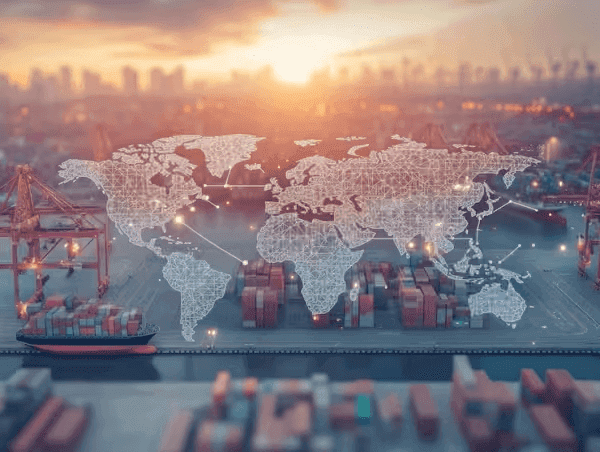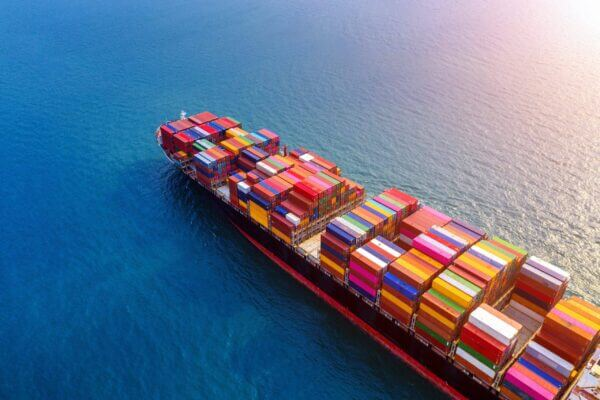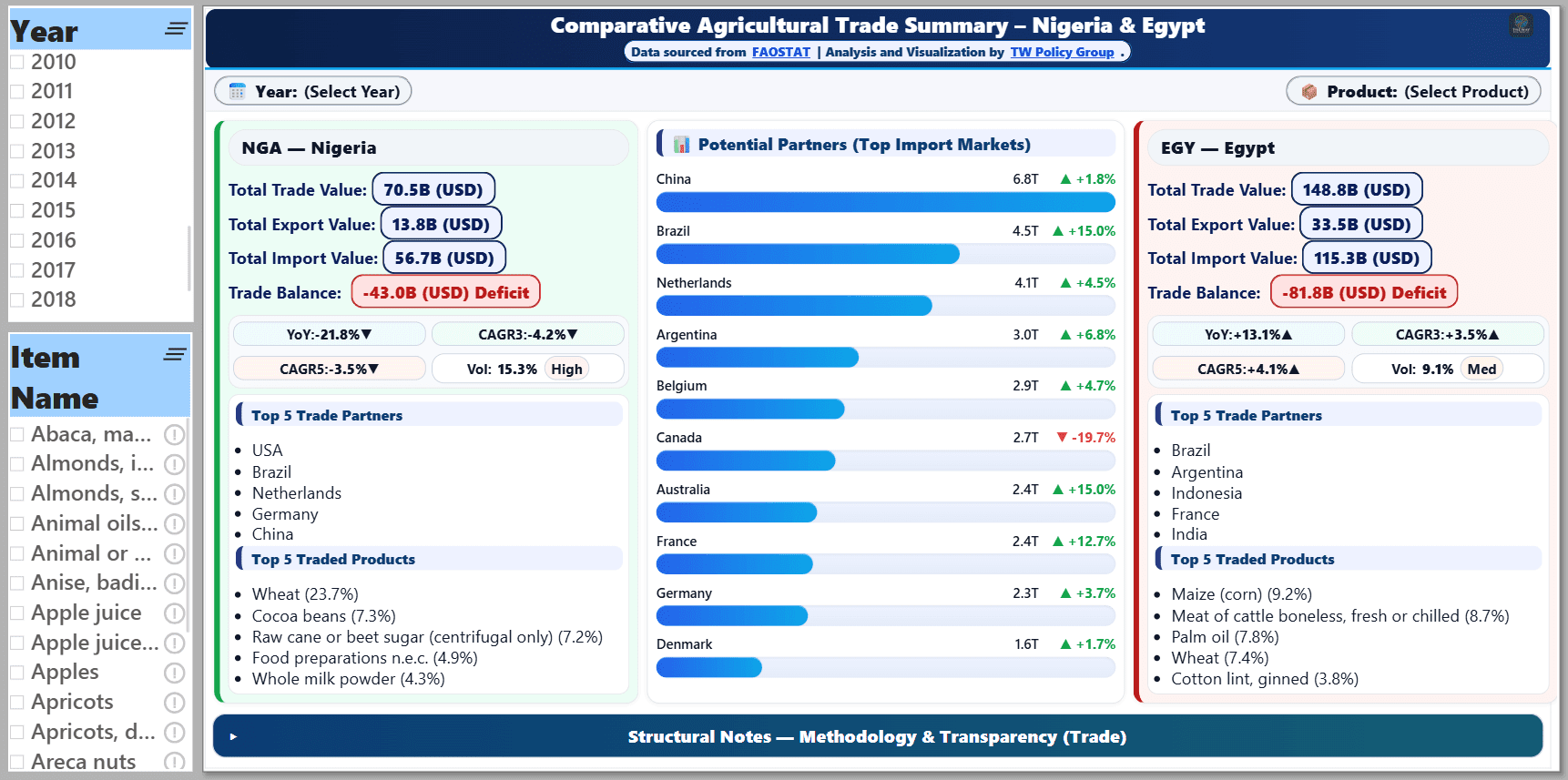
Rigorous research + trade intelligence + tailored advisory — turning risk into opportunity and insights into measurable trade wins.
Services: trade analytics, AfCFTA compliance, NTB mapping, partner risk, market access strategy, export diversification, & rules-of-origin readiness.
Get in TouchWe begin with a deep dive into your goals, challenges, and priorities.
We combine your inputs with global trade data to build a strong foundation for market-entry and policy strategy.
We design a data-driven strategy aligned to your goals—covering trade policy analysis, market research, risk assessment, partnerships, and regulatory compliance.
We evaluate proposed ideas with our analysis, maintain close communication, and map the most effective path to market access and expansion.
Our work is grounded in rigorous research, advanced analytics, and clear visualizations. We uncover opportunities, assess risks, and guide effective, evidence-based decisions that support resilient trade strategies.
Proposals are designed to deliver results—unlocking market entry and supporting sustainable development.
Your Long-Term Partner: We keep your policies relevant, adaptive, and impactful in a dynamic trade environment.

📱 For the best experience on mobile, rotate your phone to landscape to view dashboard images.

International trade is the exchange of goods and services across borders. It enables countries to specialize where they have a comparative advantage, expands markets, boosts competition, lowers prices, and increases consumer choice—driving growth and integration.
The WTO (est. 1995) is the global body that administers trade rules, provides a forum for negotiations, settles disputes, and supports trade for development—covering 98%+ of world trade.
Tariffs are taxes on imports. Higher tariffs protect domestic producers but raise prices and can restrict trade; lower tariffs improve market access and reduce costs for consumers and firms.
SPS measures protect humans, animals, and plants from risks (pests, diseases, food safety). TBT measures are technical regulations/standards and conformity assessment to ensure safety, quality, and environmental protection. Both must not be disguised restrictions on trade.
An FTA reduces or removes barriers between members, encouraging trade, investment and consumer choice. Examples include the EU–Korea FTA and the African Continental Free Trade Area (AfCFTA).
Trade compliance is adherence to import/export laws—customs, valuation, origin, product standards, documentation, and reporting. Strong compliance reduces risk, avoids penalties, and keeps supply chains moving.
The AfCFTA creates a unified African market by progressively eliminating tariffs and simplifying trade rules. It is the largest free trade area by membership and population, supporting industrialization, regional integration, and intra-African trade.
NTBs include quotas, licensing, and technical requirements. While they can serve legitimate goals (health, safety, environment), discriminatory or excessive NTBs raise costs and hinder especially SMEs in developing countries.
Learn more: WTO — TBT · UNCTAD — Non-Tariff Measures
Reliable data supports negotiations, risk analysis, competitiveness assessments, and compliance. Key sources provide open statistics for transparency and performance tracking.
Data portals: UNCTADstat · WTO — Statistics
Trade can scale clean technologies, encourage low-carbon production, and align incentives with environmental agreements. Liberalizing environmental goods/services can reduce costs of climate action.
GATS is the WTO treaty for trade in services (e.g., finance, telecoms, tourism). It promotes transparency and progressive liberalization while allowing policy space for public interests.
TRIPS sets minimum standards for IP protection (patents, trademarks, copyright) to support innovation and trade, with flexibilities to protect public health and development needs.
Ready to expand your export potential, identify new markets, or enhance trade policy strategies?
Partner with our International Trade team for data-driven insights and actionable intelligence tailored to your country or institution.
A data-driven trade policy and development finance consultancy supporting governments, businesses, and institutions across Africa and emerging markets. We use advanced dashboards and multi-source analytics to unlock opportunities, reduce barriers, and drive sustainable growth in agriculture and fisheries.
Subscribe for data-driven insights from our Trade & Development Dashboards — featuring the latest visual analytics on markets, ODA, and agricultural trade across Africa and globally.